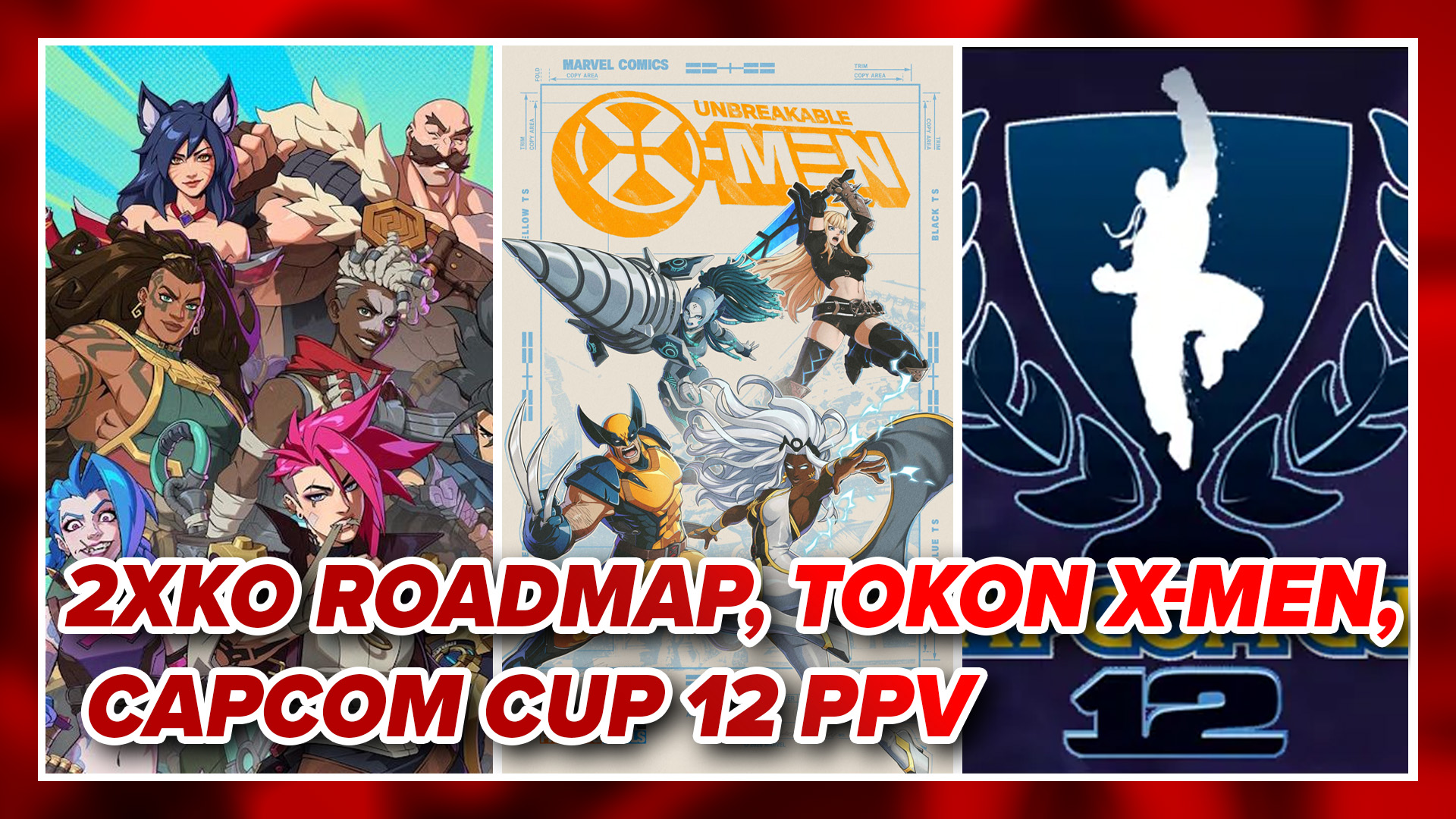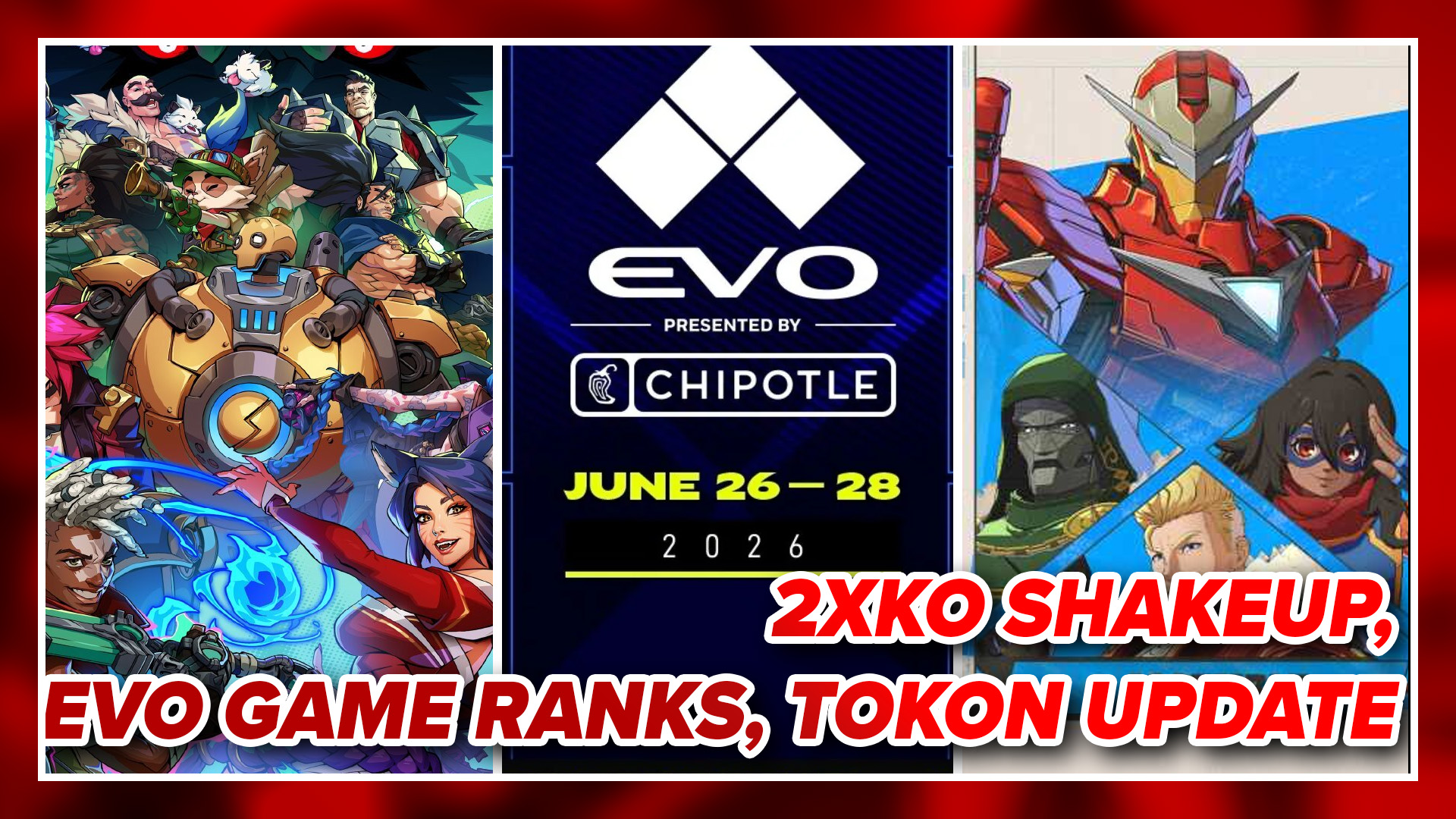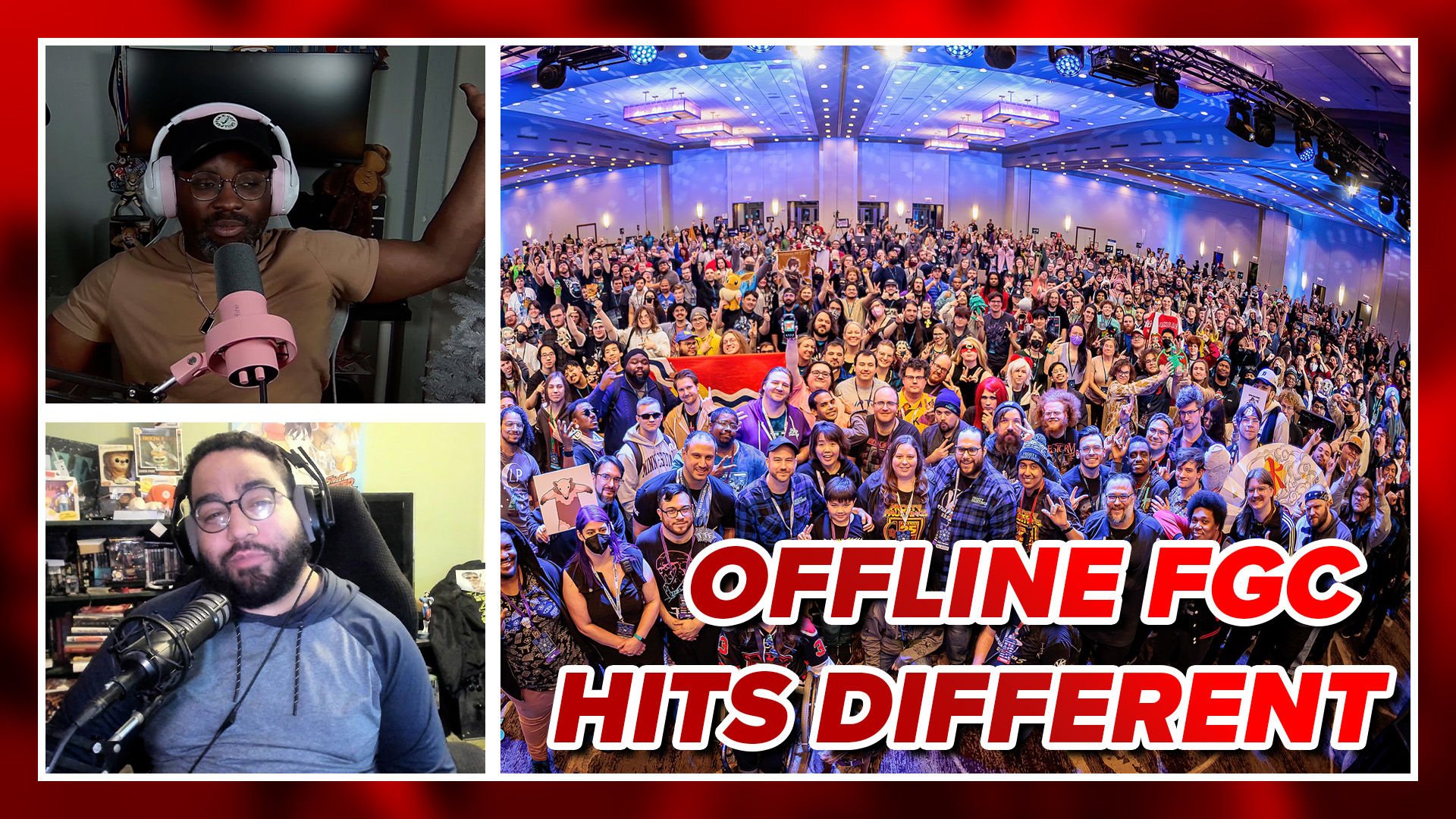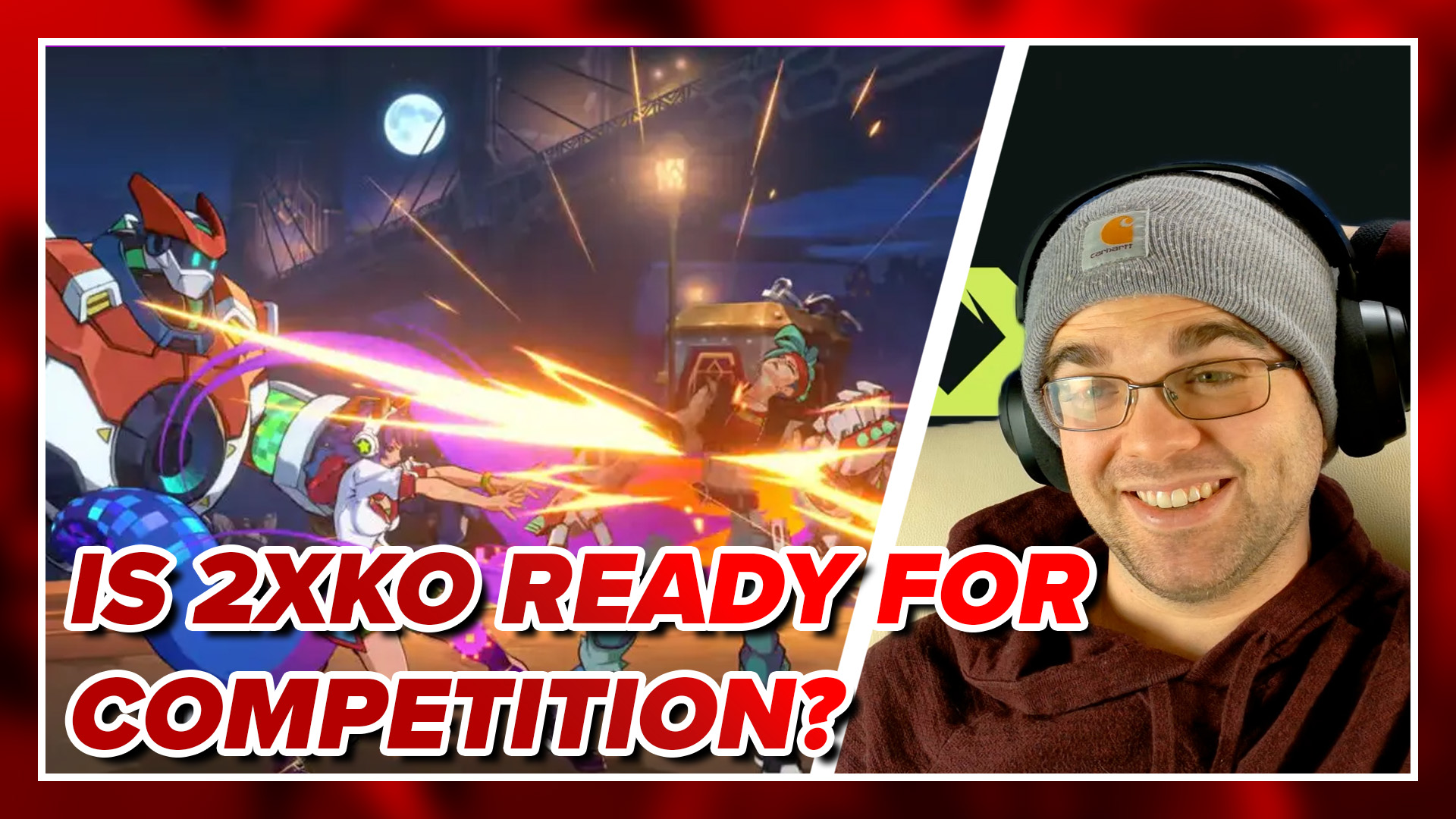After having a great time with the released prototype of Snowball Earth a few weeks ago, I spoke to Ronimo Games’s own Joost van Dongen about why he decided to release the game to the public. You don’t often get to see these little bits from a company’s history, and I really wanted to know about the cancelled project and why it was released. Were they planning a Kickstarter? Were they gauging public opinion of the game? Did they just want to have one of their lost creations get its chance to be loved? Joost was more than happy to answer all those questions and more.
JC – What prompted the release of the demo? Not many game studios release an unsold demo four years after shopping it around.
JVD – The prototype is just too awesome to keep it secret, and since it was cancelled anyway, we felt it was a waste to leave a full year of development catching dust.
JC – What has the reaction been to the demo now that it’s been released to everyone?
JVD – Very positive! Most people like it, and they also like the idea that we release something like that.
JC – Where did you get the strange idea for this game?
JVD – After long brainstorms! It was initially a game about changing the environment with coloured light, but the mechanics for that didn’t work as we wanted them to, and then at some point someone suggested we turn the light into physics balls, which really hit the spot for us. :)
JC – Why did you settle on the ice melting mechanic? What made you work on making plain old movement into a beautiful gameplay mechanic?
JVD – When we came up with it, it just felt so awesome that we wanted to make it!
JC – I guessed at how hard melting all the ice must have been to program for in the game. How much of a challenge was it?
JVD – A big challenge! The prototype runs fine on modern PCs, but our PCs at the time were only just able to get proper framerate in the prototype, and 3D Studio MAX kept crashing because of the complexity of the scene. It is also a combination of a lot of different features: a pixel shader makes the snow melt into water with puddles and then go to grass, a vertex shader makes the ground lower to make the snow disappear, another shader for frozen rocks, physics effects on frozen icewalls, grass brushes to place grass and flowers that can grow anywhere, and a whole lot more! It would have been a huge challenge to get this to work well enough on the Wii…
JC – The boss at the end of the first level just seems like a confused local. What were the main enemies going to be in the game?
JVD – The humans are simply too dumb to know anything but hitting you with a stick. They are not evil. Polar animals and Yetis were going to be the real bad guys, since they enjoy the ice, but the player was only going to discover that a little bit later in the game.
JC – I saw some interesting new controls at work in the puzzle levels. Were they going to be worked into combat at all, or were you looking to retool the game more into the puzzle direction?
JVD – When those puzzle levels were made, we had already concluded that the casual melting mechanics and the more hardcore physics gameplay didn’t mix too well. So we were experimenting and hadn’t figured out which direction to take with that. We never made a clear decision on how the final combination of combat, melting and puzzling would have been.
JC – I don’t much care for the non-robot character models, but how did you feel about the changes you had to make to them to please the people you were pitching to?
JVD – I personally like the robots way better, they have much more identity and more interesting design. The designs for the boys were a bit too standard and uninteresting to me personally. I don’t know how the rest of the team felt about that, though, so that might have been just me.
JC – How hard is it to get noticed when shopping a game around without a lot of experience? What was that like?
JVD – Getting noticed is not difficult. In fact, it is quite easy to get appointments with publishers to pitch your game. The difficult part is to make them enthusiastic about the game and make them see a good business case…
JC – What would you recommend to other developers who are shopping their game around?
JVD – Make sure you can finish the game without a publisher. Consider the publisher an awesome bonus to bring funding and make the game much better, but make sure you can put the game on something like Steam on your own, without extra funding if you cannot find a publisher. We threw away a full year of development, which is a big waste!
JC – How hard was it to decide to cancel the game? What made you feel you had to?
JVD – Cancelling was quite easy at that point: we had been shopping around to find publishers for so long that we were kind of fed up with Snowball Earth and were really eager to jump to something fresh, with new chances at success.
JC – What advice do you have for other developer’s who are facing hard choices like yours?
JVD – Don’t be afraid to take risks. Make sure what you are making is awesome and just go for it. Too many developers won’t make anything until they have funding, causing them to remain in work-for-hire while they really want to make their own projects.
JC – Did the difficulties with Snowball Earth convince you to be more conservative with what you attempted to do with your next game (2D instead of 3D, etc)?
JVD – Since we didn’t have any funding, we really needed to make something way simpler, which is almost always a better choice: growing a small concept into something bigger (if needed) is much better than trying to simplify an already too complex concept.
JC – Given your last two games, was it much easier to work with your later 2D games that it was working in 3D?
JVD – Yes, 2D is a lot easier to do, and takes less work, making it more feasible for a small studio like ours.
JC – Did you still feel like you could put everything you wanted into your games when you switched from 3D to 2D?
JVD – Even more so! In 2D, we can aim to be amongst the best developers in the world, while in 3D, there is no way we could ever compete with games like Uncharted.
JC – Have you found that creating smaller games for download on consoles has given you more freedom to do what you want with your titles? Has it made your job easier or more satisfying in any way?
JVD – It gives us the freedom to make good games without big funding, allowing us to make whatever we want to make, instead of needing to care about target audiences too much.
JC – With Kickstarter and so many independent developers releasing their own stuff, are you considering putting out the game now? Would it stay the same if you did, given your experiences with Awesomenauts and Swords & Soldiers?
JVD – Right now we have no plans to do so. The prototype you played is really just a prototype, everything would have to be made new to make a full game, so it would be at least two more years of work for the entire studio. At the same time, I am sure that if we did so now, Snowball Earth would evolve into something quite different and much better than we could have made at the time!
Mash Those Buttons and I would like to thank Joost van Dongen and the great folks at Ronimo Games for answering our questions and also for releasing the demo. I had as much fun with it as I have with some full retail releases, and I do hope that a game does come from this fantastic idea.
And I hope they stick with robots, too. Screw those human designs (No offense to the people who made them).








